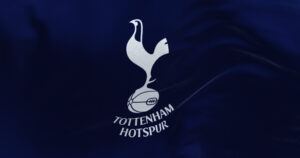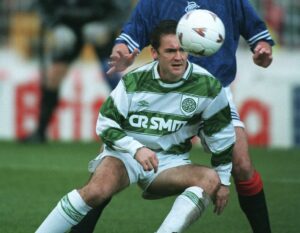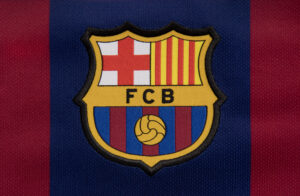Welcome to the latest series of articles from Last Word on Football. This series looks at the grounds that are no longer with us. Grounds not only famous in their particular nation but across the globe too. Grounds with history and renowned for some of the beautiful game’s greatest moments. In this edition, we look at a stadium which stood at the heart of German Football for over 30 years, which created so many memories for fans worldwide. The ground in discussion is the Olympic Stadium in Munich, or for our German readers, the Olympiastadion.
Never to Be Forgotten Football Grounds: Bayern Munich’s Olympic Stadium
Context
The 1960s was a successful period for the two Munich sides. TSV 1860 Munich lifted two League Championships, the Öberlig Süd in 1962/63, and the Bundesliga in 1965/66. They also won the DFB-Pokal in 1963/64. Their city rivals Bayern Munich lifted three German Cups, the Cup Winners Cup in 1967 as well as the Bundesliga in 1969.
The two Bavarian sides triumphs meant that demand for tickets was high, their 45,000 Gründwalder Stadium was deemed too small and thus needed a change.
With a new stadium being built for the 1972 Olympic Games in Munich, it was then decided Bayern would move to that ground due to its capacity of 80,000. 1860 remained at the Gründwalder until the 1990s.
The new Olympic Stadium became the platform for Bayern Munich’s golden era.
Opening of the Olympic Stadium
Opened on May 26, 1972. Bayern’s first match in the ground was a month later and it couldn’t have got any bigger. FC Schalke came to the Olympic Stadium in what was a title-decider.
But Bayern made sure it was a grandstand beginning to life at their new ground. Bayern romped to a 5-1 victory at the Olympiastadion, including goals from Paul Breitner, Uli Hoeness and Franz Beckenbauer.
This dominant display from the Bavarians ensured them the Championship and was a sign of things to come at the new Olympic Stadium.
Early Days
Munich’s brand new area had a very hectic start from its opening. Just two months after Bayern Munich’s title success, the Olympic Games took place. The venue hosted Olympic football matches, including the final, which Poland won following a 2-1 victory against Hungary.
Five days after the closing ceremony the curtains rose for the 1972/73 Bundesliga season. Bayern wouldn’t play at the Olympic Stadium until September 30. Their new home was a fortress for them, winning 15 straight league games there, as Bayern cruised to their second consecutive Bundesliga title.
But the following year was even greater to Bayern. A 1-0 win against Kickers Offenbach on the Penultimate weekend of the 73/74 season made it three straight successive titles.
Six days later and Bayern would claim their first European Cup. The Olympic Stadium played memorable games along the way to the final. This included a 4-3 win over East German side Dynamo Dresden as well as a rampant 3-0 victory in the semi-final against Ujespi Dosa.
Memorable moments
West Germany once again welcomed the globe when they hosted the 1974 World Cup.
The Olympic Stadium hosted games including the final which the hosts won after beating The Netherlands 2-1.
But Holland would avenge defeat by lifting the European Championship at the Olympic Stadium in 1988. A sensational volley from Marco Van Basten helped beat the USSR 2-1 in the final.
It also hosted what is arguably the greatest day Nottingham Forest‘s history. A Trevor Francis header guided the English side lift the European Cup in 1979.
Borussia Dortmund would also claim success on this ground. They beat Italian giants Juventus 3-1 in the 1997 Champions League final.
The Olympic Stadium also proved to be the venue for one of the worst days in Die Maanschaft’s history. They were humiliated 5-1 on this ground by England. Michael Owen scored a hattrick in what was a memorable night for The Three Lions.
End of an Era
It was announced in 2000 that Bayern and Munich rivals 1860 agreed to build a new stadium. Many people felt they were too far away from the due to the running tracks in between the stands and the pitch.
On top of that their exquisite design meant the roof covered one side of the ground, leaving the over half exposed to cold weather in the winter.
In May 2005, Bayern bidded farewell to the Olympic Stadium. They signed off from their great ground with a 6-3 victory over FC Nürnberg and another Bundesliga title That Summer they moved to the Allianz Arena.
The stadium still stands today as a tourist attraction. But many spectators will remember the Olympic Stadium for its role in some of the greatest ever sporting moments.
Main Photo






